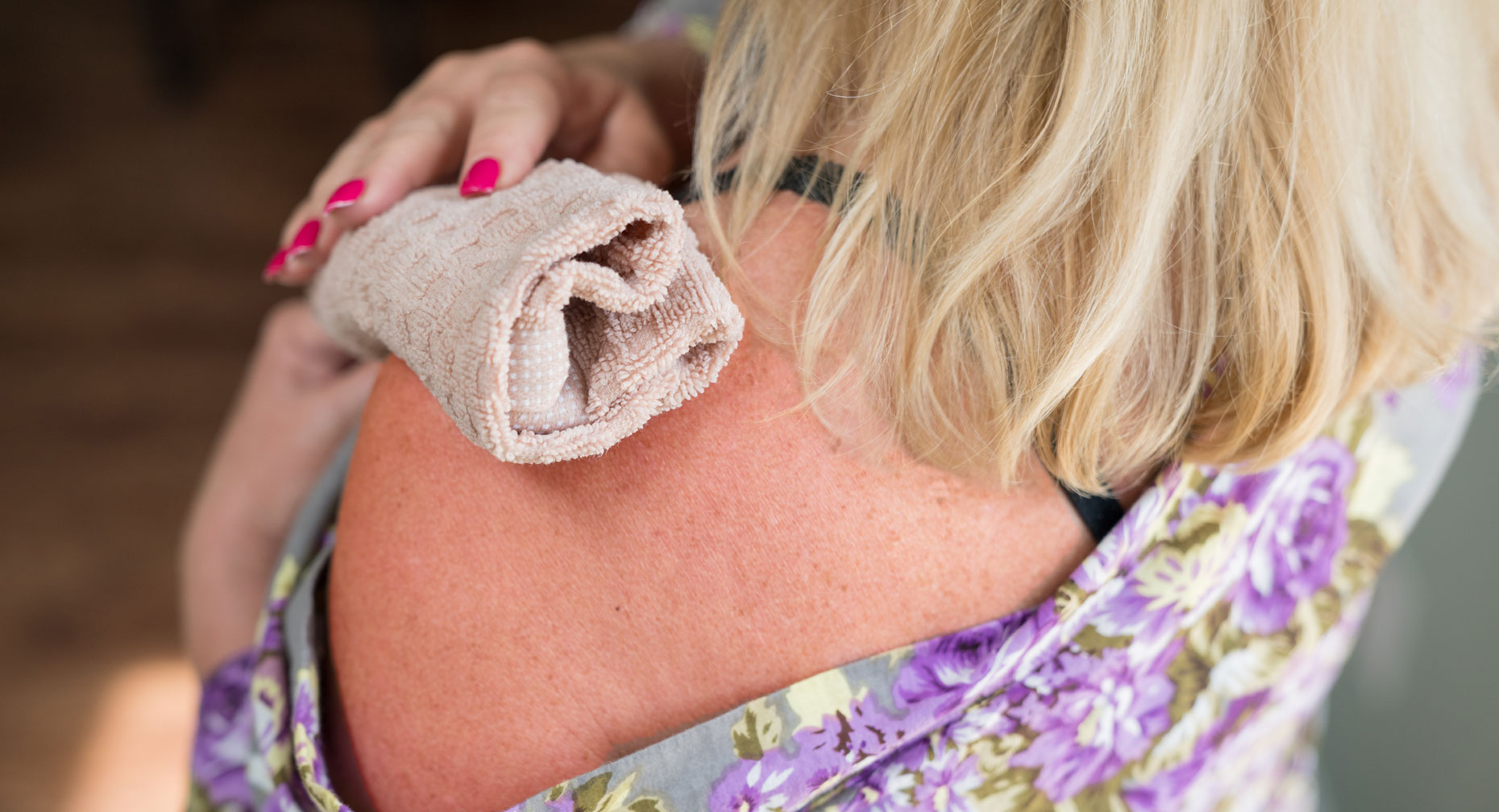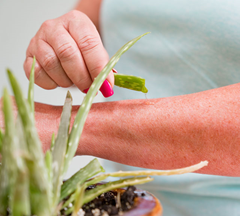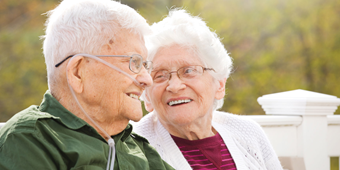Banish the Burn! Sunburn Treatment, Truths, And Prevention

Answer a few questions and we'll provide you with a list of primary care providers that best fit your needs.
A little too much fun in the sun? It happens. Whether you forgot to reapply sunscreen or failed to use it at all, your unprotected skin leaves you with one more memory from the day: searing sunburn.
In addition to preventing uncomfortable sunburn, sunscreen reduces long-term damage to your skin. So, it’s important to get back in the habit of using sunscreen before the prolonged outdoor activities of spring and summer. Over time, repetitive injury and damage to skin cells can set you up for skin cancer and early aging. Anyone can get skin cancer, regardless of race or skin tone.
And be mindful that the sun’s rays can damage exposed skin in winter, too. That means you should use sunscreen year-round.
Pay special attention to your face, which is more sensitive because the skin is thinner.
How To Treat Sunburn At Home
Sunburns range in severity from mild to medical emergency. Mild sunburns go away in a few days. More severe burns may take up to a few weeks to heal. Common symptoms include red, hot, painful skin and swelling. Blistering also may result. These home remedies can provide relief and aid in healing:
- Take cool (not cold) baths or showers. Keep them short to avoid further drying the skin.
- Apply cool, wet cloths (compresses) gently to skin.
- Take a nonsteroidal anti-inflammatory drug (NSAID). For Instance, ibuprofen, to relieve pain, swelling, and inflammation.
- Apply aloe vera lotion to soothe skin and keep it moist during peeling. Apply while skin is damp.
- Apply 1 percent hydrocortisone cream to more painful areas to help calm redness and swelling. Do not apply to large areas of your body. For children, ask your doctor.
- Rehydrate immediately and during healing. Sunburn draws fluid to the skin’s surface and away from the rest of your body.
To improve comfort while you’re healing, wear loose, soft, breathable clothing to avoid skin irritation, and stay out of the sun.
In addition, avoid certain products and behaviors that can irritate or make your sunburn worse, such as:
- Harsh soap
- Petroleum or oil-based ointments. These may trap heat and make your burn worse.
- Scratching or popping blisters. This can lead to infection.
- Products containing benzocaine or lidocaine. These can cause allergy and worsen your burn.
- Applying lotions or creams to blisters
When To Seek Medical Treatment

Sunburn is a visible reaction of the skin's exposure to ultraviolet (UV) radiation from the sun or other UV sources. It may take six to 12 hours after exposure to determine just how bad your sunburn is. Pay attention to your symptoms and call your doctor right away if you experience any of the following:
- Intense pain
- Fever and chills
- Severe, painful blisters
- Headache, confusion
- Fainting or profound weakness
- Nausea or vomiting
- Extreme thirst, no urine output, or sunken eyes
- Rapid pulse or rapid breathing
- Pale, clammy, or cool skin
- Painful eyes that are sensitive to light
For a baby under 1 year old, sunburn should be treated as an emergency. Call your doctor immediately.
How To Prevent Sunburn And Reduce Skin Cancer Risk
Where you live and medications you take can affect your sunburn risk.
To help keep you and your skin healthy, follow these tips:
- Avoid sun exposure between 10 a.m. and 2 p.m.
- Be aware of the sun’s reflection off water, sand, and snow. This can make burning rays stronger.
- Use a broad-spectrum, water-resistant sunscreen of SPF 30 or 50 to protect from both UVB and UVA rays. Even when it’s cloudy. Higher SPFs do not add significant additional protection.
- Apply sunscreen 15 to 20 minutes before sun exposure. This gives it time to bond to the skin.
- Reapply sunscreen to dry skin every two hours. Also after swimming or sweating.
- Don’t forget the SPF lip balm.
- Wear sunglasses with UV protection. This guards against stronger rays produced from the sun’s reflection.
- Wear clothing that covers your skin when outdoors. Tightly-woven fabrics work best.
- Wear a wide-brimmed hat.
Pay special attention to your face, which is more sensitive because facial skin is thinner. Your nose, ears, and scalp can easily burn as well.
And follow the one-ounce rule — an ounce of sunscreen for each application — and exercising caution with spray sunscreens.
When you use a spray sunscreen, spray it on, and then rub it in, evenly distributing it so it covers all areas.
Sun Safety For Kids
Babies under 6 months of age should never be exposed to the sun. Babies older than 6 months should be protected from the sun and wear UV-blocking sunglasses to protect their eyes.
Look for children’s clothing containing an SPF factor. Swim shirts, also known as rash guards, are a great option for protecting children of any age.
Answer a few questions and we'll provide you with a list of primary care providers that best fit your needs.
Sources: The Skin Cancer Foundation; MedLinePlus, U.S. National Library of Medicine; American Academy of Dermatology




